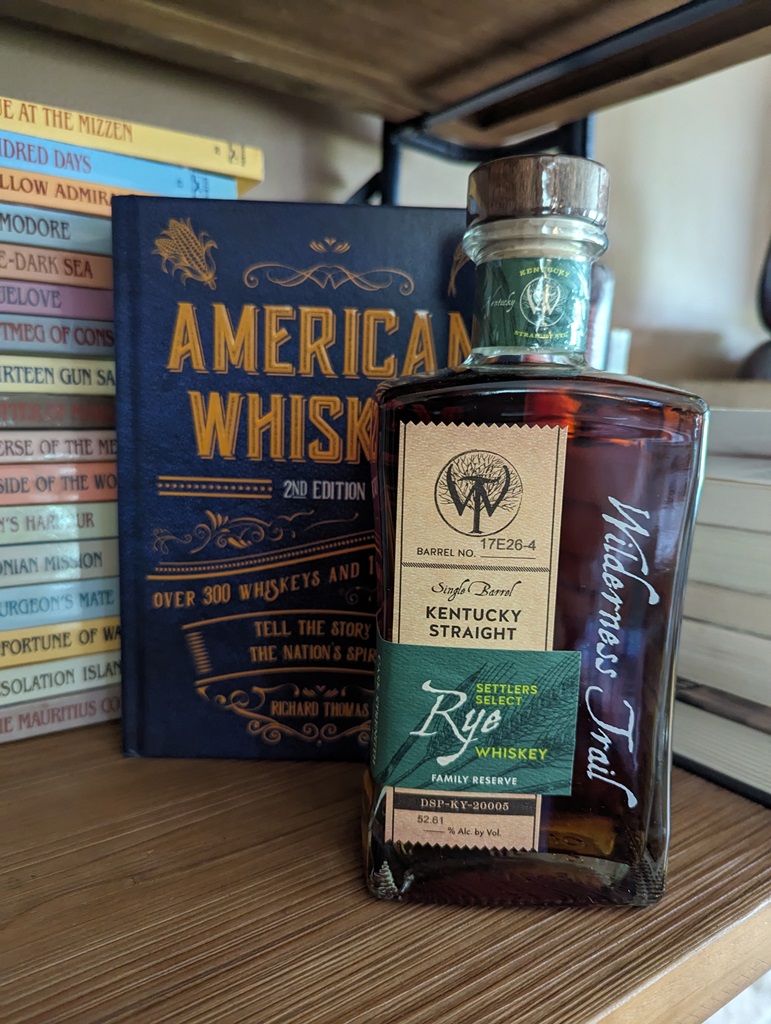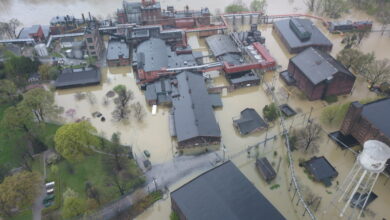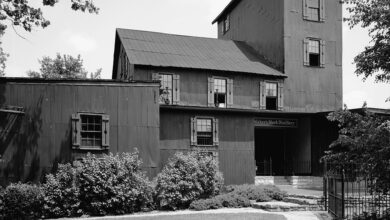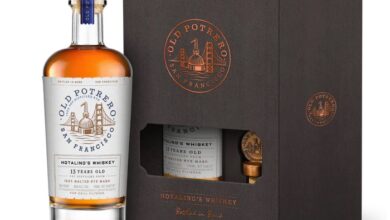Q&A With Moiz Ali of Caskers
A Chat With The Co-Founder Of The Popular Online Spirits Retailer
By Kurt Maitland

(Credit: Kurt Maitland)
For those of you who don’t shop for liquor online, Caskers is an internet retailer that delivers whiskey and other spirits to your home, assuming, of course, that your state happens to allow out of state spirit shipments. Based in New York City, the company and was launched in June of 2012 by two Harvard Law grads (Steven Abt and Moiz Ali), a pair who left the litigation world to enter the worlds of booze and e-commerce.
Their stated goal was to create a service that would help their members (membership has always been free) discover craft spirits that were not available at the local liquor store. This focus on craft spirits helped Caskers to stand out, because they were actively searching high and low to feature brands that usually wouldn’t get shelf space in most stores.
As a result, they were in on award winning whiskey makers like Few and Balcones early in the game. Although their lineup has expanded to carry whiskey nobility like the Balvenie, Dalmore and Johnnie Walker, Caskers continues to aggressively feature new spirit producers, and they have now added Concierge services for those who are looking for ultra-rare spirits.
Moiz has since sold off his interest in Caskers to move on to other projects. Prior to that sale, Moiz graciously took time to meet with me and discuss the company and the changes that he has witnessed in his time in the industry.
KM: How do you educate your members on the spirits that you feature on the site, especially with bourbons, scotches and blends all having different flavor profiles but all still falling under the umbrella that is “whiskey”? Isn’t it confusing for a new whiskey drinker?
MA: When you buy a bottle of whisky and you are not a big fan of peat and you end up getting is a “peat bomb” you come away thinking “I don’t like whiskey.” In reality, you haven’t found the bottle to get you into the world. You have to work your way up to appreciating that “peat bomb” and realize what flavors there are before you can appreciate a lot of spirits.
One of the ways that we try to help our members is that we include long descriptions on how the product was made, i.e. this is who makes it, this is how they make it, this is what it gets its flavor profile from. We even try to list the phenol parts per million (ppm) on something like Bruichladdich Octomore. If you do not like peated, you should not touch what is the most peated whisky in the world.
KM: The thing is “peated” is just an added flavor…. a lot of people can’t get past the smoke to dig into what else the whiskey offers. There is a world of other flavors in peated whiskies but you have to get used to the smoke.
MA: I think if you start at peated whiskies it will be hard to appreciate the other flavors. You come away thinking “all I have is smoke here” and “I’m going back to beer and wine.” I think you have to start at other whiskies and work your way up to that style. .
KM: Do you recall the craft whiskeys that you personally couldn’t find that helped spur on the idea to create Caskers?
MA: I want to say Angel’s Envy and Few Bourbon. What’s been really tough since we’ve started seeing whiskies that we could easily get in the beginning now disappear. Balcones, two or three weeks before their single malt won its first awards, we featured it and we able to sell a lot but once it won awards, it disappeared. It’s very very difficult to find. Things like Blanton’s bourbon, which is the bedrock of bourbons. At one point I talked to our Sazarac guy and he was like “we will always have plenty of Blanton’s in stock.” Disappeared.
KM: What are your thoughts on the explosion of craft whiskeys over the past couple of years?
MA: I can’t tell you how many distillers contact us on a daily basis. Vodka from Mongolia, K5 whiskey from the Himalayas…. When we started in 2012, we were in the infancy of craft spirits and I think we still are in terms of the industry but we are getting there. People realize that it’s happening and it’s not just some kind of cult that’s following it.
A lot of states are doing great things like relaxing laws and it is fantastic that they are making it easier for entrepreneurs to create good products. I am surprised at how many foreign whiskies I’ve been seeing, K5 I’ve mentioned, the Amruts from India I’ve really enjoyed. I’m surprised that there are so many great new whiskies from abroad but I’m not surprised by the explosion and I’m not surprised the U.S. is leading it. Corn is here, Rye is here, and bourbon is hot and has such a bold flavor profile.
KM: What is harder, getting new craft whiskeys to the site or acquiring scotch and other world whiskies?
MA: We have very good relations with craft guys. When we started, we were focusing on American whiskies and they have a great community here. Craft distilleries are constantly talking to each other so I want to say it’s harder to get rarer scotches versus rare bourbons. That said, I don’t think either of them is impossible any more. We sold a Macallan Lalique 62 year old and recently we’ve done the Macallan M, Redbreast 21, etc. I‘d say our relationships are only a little behind because we are in the US and we’ve known the American guys a bit longer.
KM: Are there any whiskeys you want to stock but have trouble getting?
MA: We would love to get more Laliques, especially the 62 or the 50s, the Buffalo Trace Antique Collection. We can never have enough of those as well as Buffalo Trace’s Single Oak series, Breckenridge Bourbon, Weller, some of the old Ardbeg special releases (like the old Supernova, Alligator, etc), Balvenie’s Tun Series and Willett Pot Still Reserve.




